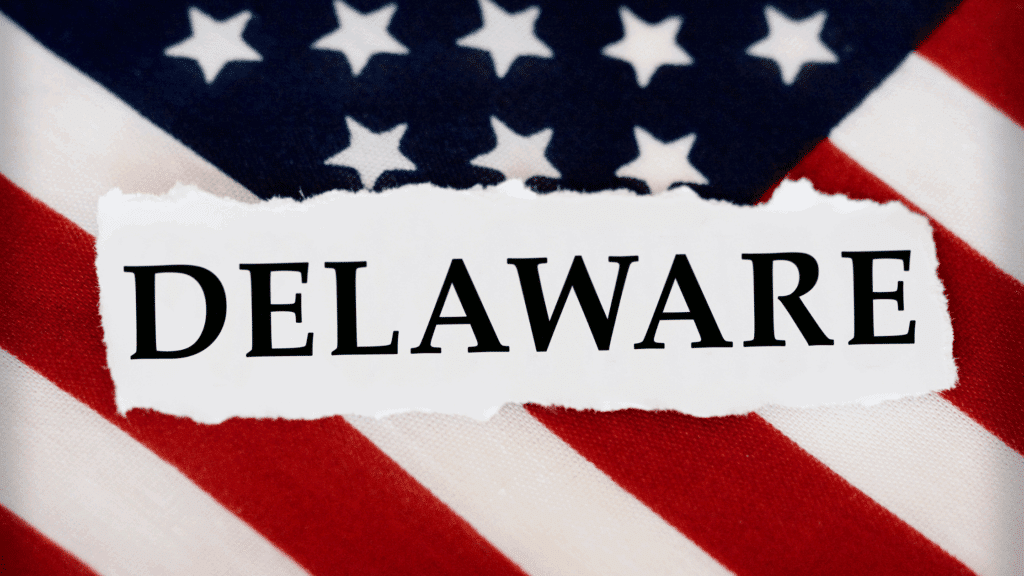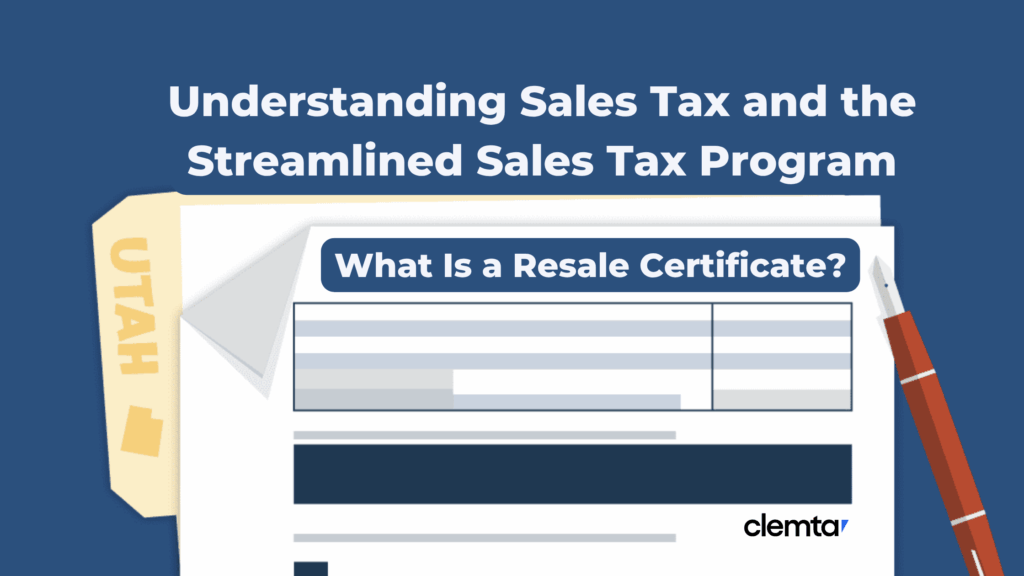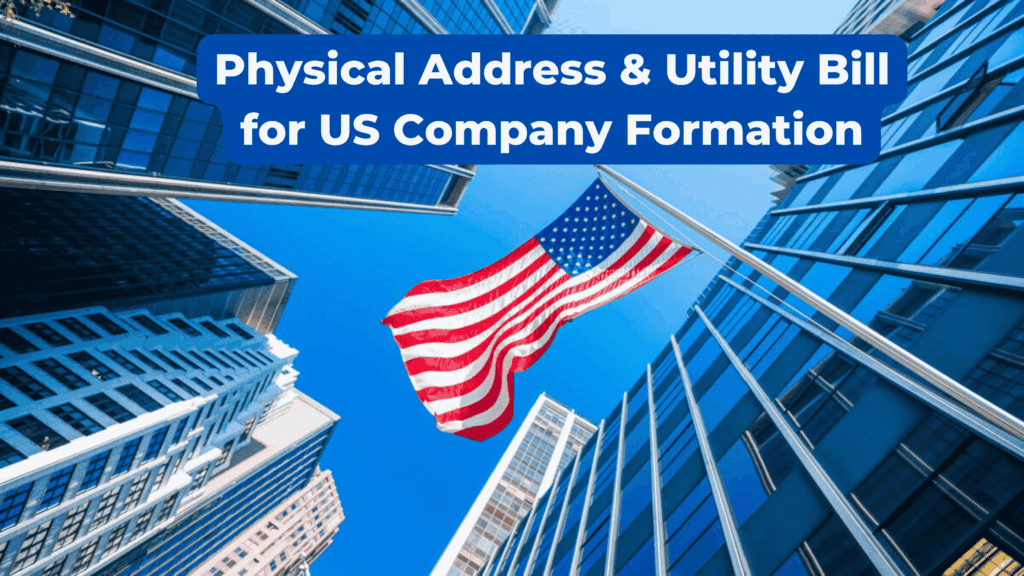Register a Company in Delaware USA (LLC & C-Corp Guide 2025)

Discover why Delaware is the #1 choice for registering a U.S. company. This complete guide provides a step-by-step process for entrepreneurs, including non-U.S. residents, covering everything.
Open a U.S. Bank Account Without Waiting for an EIN: Why Clemta Puts You Miles Ahead of Competitors

Waiting weeks for the IRS to issue your Employer Identification Number (EIN) can paralyze a young company’s finances. Clemta eliminates that bottleneck by partnering with fintech-friendly banks that accept pre-EIN onboarding, so you can invoice U.S. customers and collect payments from day one. In this post we explain the exact steps, legal considerations, and competitive advantages of opening a U.S. bank account first—and why most traditional formation providers can’t match it. If you’re an international founder looking for rapid market entry, read on.
What Is a Resale Certificate? Understanding Sales Tax and the Streamlined Sales Tax Program

A resale certificate lets you buy inventory in the US without paying sales tax upfront—crucial for protecting ecommerce margins. In this guide, we unpack how resale certificates differ from sales-tax permits, how to apply in every state, and how the Streamlined Sales Tax Program can fast-track compliance for non-resident founders. Avoid penalties, simplify filings, and learn how Clemta automates the entire process.
Physical Address & Utility Bill for US Company Formation

The United States offers non-resident founders an unrivaled mix of capital, talent, and legal protections, but banks and regulators insist on a verifiable street address and recent utility bill before they will open accounts or process payments.
Building a Secure Foundation: Clemta, Next Insurance and Your US Business Success

Navigating the US market as a non-resident founder demands robust risk management—business insurance (from general liability and property to cyber and professional liability) is essential to protect against lawsuits, asset loss, and data breaches. Clemta simplifies this process by partnering with Next Insurance to provide tailored, affordable policies and a seamless digital experience, so you can secure comprehensive coverage in minutes. With the right insurance in place, you safeguard your venture’s future, bolster credibility, and focus entirely on growth.
A Comprehensive Guide to Registering an LLC in the USA: Key FAQs for Non-Residents

The process of establishing a Limited Liability Company (LLC) in the United States can be highly advantageous, offering benefits such as liability protection, tax advantages, and a professional image. Non-residents can set up and manage an LLC without being U.S. citizens or residents, but they need to comply with specific tax and regulatory requirements. States like Delaware, Nevada, and Wyoming are often favored for their business-friendly laws and privacy considerations. Costs vary by state, typically ranging from $50 to $500, with additional fees potentially required for services like registered agents and legal consultation.
Common Mistakes to Avoid When Forming a Company in the USA

Forming a company in the United States offers vast opportunities but comes with challenges, particularly for non-residents. Choosing the right business structure is critical, as it impacts liability, taxation, and future growth. It’s important to consider state-specific regulations, as each state has unique rules that can affect operational efficiency and tax obligations. Conducting a thorough name search and securing trademarks are essential to avoid legal issues and protect your brand. Understanding tax responsibilities and opening a US bank account are crucial steps, along with seeking professional guidance to navigate the complexities of US business formation effectively.
Company Formation for Non-US Residents

Starting a business in the U.S. as a non-US resident involves choosing the right business structure, with options typically being an LLC or C-Corp. An LLC offers flexibility with pass-through taxation and simpler management, which is ideal for small businesses.
LLC vs. C-Corp: Which Business Structure is Best for Non-US Residents in 2025?

Starting a business in the U.S. as a non-US resident involves choosing the right business structure, typically an LLC or C-Corp. An LLC offers flexibility with pass-through taxation and simpler management, making it ideal for small businesses. A C-Corp is suited for larger companies seeking investment opportunities, as it enables capital raising through stock sales, though it faces double taxation.
Moving Your Company Out of Delaware May Be the Right Move

Elon Musk’s high-profile move of Tesla and Neuralink out of Delaware signals a potential shift in business preferences. While Delaware remains a popular choice, states like Texas and Nevada offer advantages like lower taxes and a less restrictive regulatory environment.

